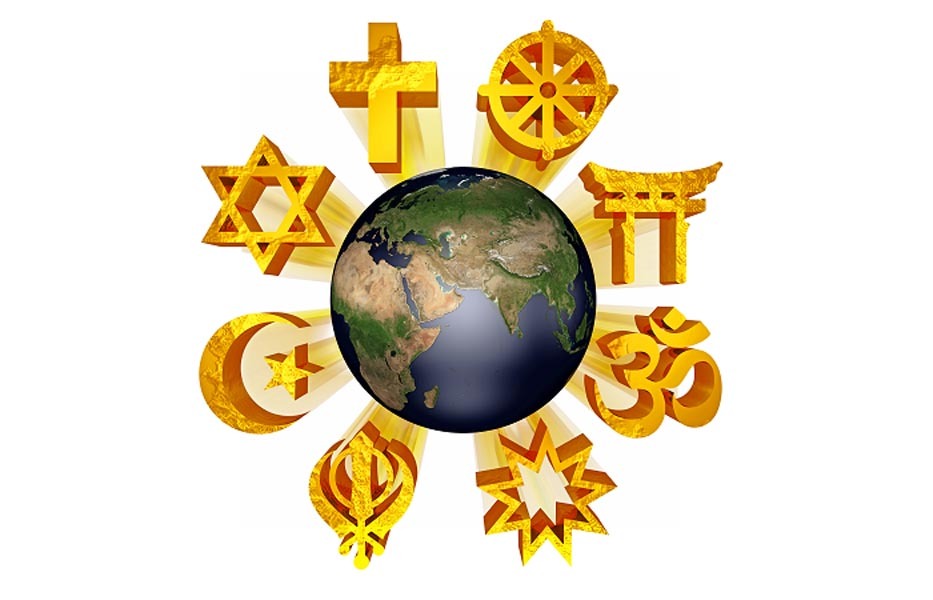Notifications
 JustTheFacts Max -
June 23, 2022 -
Religions -
religion
-
1.9K views -
0 Comments -
0 Likes -
0 Reviews
JustTheFacts Max -
June 23, 2022 -
Religions -
religion
-
1.9K views -
0 Comments -
0 Likes -
0 Reviews

JTFMax:
Yet, despite the power of religions to bring people together, they have been ineffective in building coalitions to combat income disparity. The difference has gotten worse instead of better, with income inequality at its highest since 1913. Here are a few reasons why religion and politics are such talking points:
One of the most interesting recent studies on labor and religion examines how religious faith relates to union activism. Billings outlines three factors influencing whether religion fosters opposition to labor protests. These factors are organizational autonomy, leadership resources, and plausibility structures. Union activism can benefit from all three. However, when religious faith does not facilitate opposition to labor protests, it can cause a strike to fail.
In contrast, other research has criticized Slade's view of religion, emphasizing that some religious practices are conditioned by class and status. These structures also affect the expression of religion and its impact on the poor. This research has important implications for understanding the role of religion in our society. Ultimately, the debate over religion must be informed by understanding inequality. We can better understand how religion shapes people's behavior by recognizing this.
Religious organizations are often organized within a state, though the Roman Catholic Church is an exception. Most members of its hierarchy are born in the nation where their church is based. In general, religious organizations tend to lack solid transnational organizations, making it easier for members of different religions to fight among themselves. In other words, religion tends to promote divisions and conflict. But that is not to say that belief is unhelpful; in fact, it can help bring people together, particularly in areas where people have religious differences.
While Marx regarded religion as an enemy of the people, other scholars have found the positive effects of religion in capitalism. It legitimizes the interests of the capitalist class and protects the exploited working class from recognizing their alienation. Consequently, religion is a comfort and coping mechanism for the poor and discourages them from challenging social relations. There are a variety of theories about religion as a powerful unifier, but they all underscore Marx's conclusion that religion serves as a debilitating force in societies.
In addition to its role in society, religion can help bring about economic and social change. However, it is also implicated in social inequalities. While religion often promotes social inequality, it also helps the poor by providing structural benefits and services for the poor. It can also give people personal and communal meaning. It can help people overcome poverty and are still a significant building block of civil society worldwide.
Weber theorizes about the relationship between religion and social class. While class determines economic position, it also determines the status of an individual. Weber links the social class to religion by linking certain theodicies to specific classes. Theorizing religion and social class is a long-standing topic in the study of social classes. And this study is only the beginning. And plenty of other facets of this study are just as crucial as Webers.
Despite the complexities of human interaction, religion remains an important pillar of society. It does not improve social or economic conditions, but it is a deeply meaningful practice for those who value it. Despite this, there are a few critical differences between Christians and non-Christians. These differences are not always immediately apparent, however. Here are some reasons to consider whether religion is a powerful force in society.
First, religion helps foster peace. The most common benefit of religions is that they establish a moral framework that allows individuals to make decisions based on the best interests of their community. By providing a shared belief in an omniscient god, religions provide a foundation for peacemaking activities. The best example of this is Islam. People who follow a different faith may not find it as attractive as it is in Western society.
Another way religious institutions can be helpful to social change is by creating bridges with the poor. Nevertheless, some religious groups have resisted efforts to build bridges with the poor, citing fears that reflexivity might undermine their work and threaten their group norms. The same reasoning applies to efforts to bridge social divides at the micro-level. To effectively bridge these gaps, religious institutions must implement a program that addresses poverty and reaches out to its members to effect necessary changes.
The study of religious institutions was carried out by Omar McRoberts, who studied churches in an African-American neighborhood in Boston. This research exposed the institutionalized ideological orientations of these institutions. It shows that religion is a powerful unifier. The study is also crucial for understanding how people are affected by social structures and institutions. It shows how religion affects communities by helping marginalized groups build networks and improve their lives.
The study of religion and social movements shows that it can provide powerful tools for opposing the status quo. The use of religion as a powerful unifier is gaining popularity due to research on the topic. It can also provide an effective alternative for opposing the status quo. That's why religion is a good choice for social change. It can give people powerful tools to resist the status quo and create better societies.

Share this page with your family and friends.